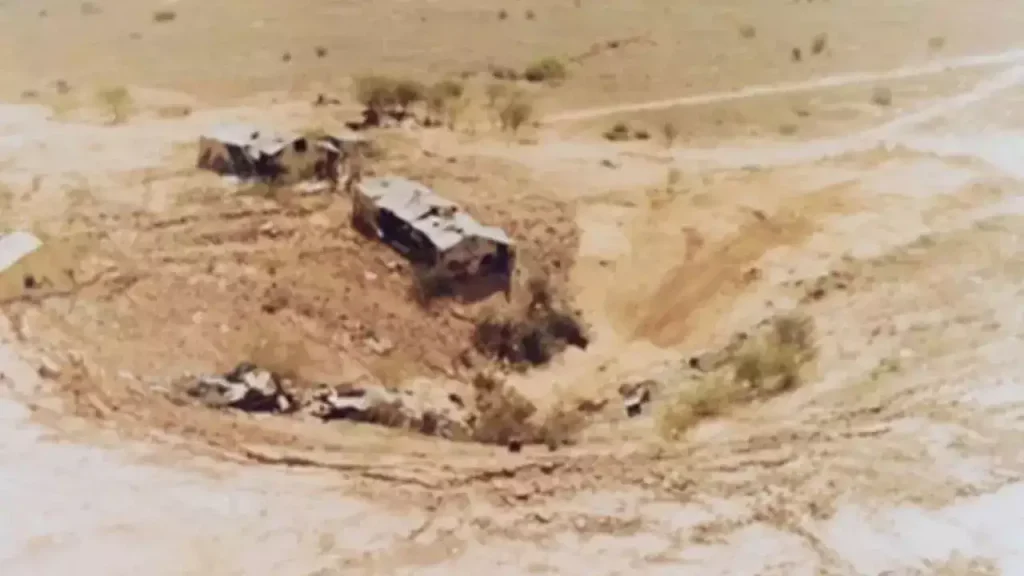Context:
India completed fifty years of its first nuclear test operation Smiling Buddha on May 18, 2024.
Background of the test
- The groundwork for testing nuclear energy was laid by Indian scientists Homi J Bhabha and Vikram Sarabhai.
- India didn’t sign the Nuclear Non-proliferation Treaty (NPT) in 1967.
- On 18 May 1974, India successfully conducted an underground test with a plutonium device in the 10-15 kiloton range.
- The device tested was a fission device and there had been no release of radioactivity in the atmosphere.
- India became the sixth country in the World to conduct a successful Nuclear Test after the USA, the Soviet Union, Britain, France, and China.
- Its code name “Smiling Buddha” came from the test’s date being on the same day as Buddha Jayanti, the birth date of Gautam Buddha.
- The Ministry of External Affairs designated it as Pokhran -1 as this test was held in Pokhran, Rajasthan.
- In 1998, India conducted a series of nuclear tests in Pokhran once again and named it Operation Shakti, and declared itself a full-fledged nuclear state.
Nuclear Nonproliferation Treaty (NPT)
- With the US dropping two nuclear bombs on the Japanese cities and the Soviet Union’s nuclear test in 1949, it was decided that certain regulations were required to prevent massive devastation at the hands of nuclear weapons.
- Consequently a treaty was signed in 1968, called the Nuclear Nonproliferation Treaty (NPT).
- Its signatories agreed not to transfer either nuclear weapons or nuclear weapons technology to any other state.
- The non-nuclear states agreed that they would not receive, develop, or otherwise acquire nuclear weapons.
- The treaty entered into force in 1970. Later, in 1995, the Treaty was extended indefinitely. A total of 191 States have joined the Treaty, including the five nuclear-weapon States.
Why India didn’t sign the NPT?
- India opposed the discriminative disarmament policy and argued for the complete ban of nuclear weapons on all states.
- As the treaty allowed only those five nations that manufactured and exploded a nuclear weapon before January 1, 1967, to retain their weapons after signing the treaty thus, India didn’t sign the NPT.
- These states are China, France, Russia, the United Kingdom, and the United States.
- The above states also form P-5 nations (permanent members) of the UN Security Council.
Significance of the nuclear test
- India undertook this programme to develop its technology for peaceful use of nuclear energy and it had no intention of going in for nuclear weapons.
- India became the first nation to conduct a nuclear test apart from the five permanent (P-5) members of the United Nations Security Council (UNSC).
Criticism and response after the nuclear test
- Following India’s nuclear tests, condemnation was widespread, with Canada imposing significant sanctions and the US halting aid. Sanctions were also imposed by other countries.
- In response, the Nuclear Suppliers Group (NSG) was established to regulate exports of nuclear materials and technology.
- Pakistan said that it would never succumb to “nuclear blackmail” or accept “Indian hegemony or domination over the subcontinent”.

